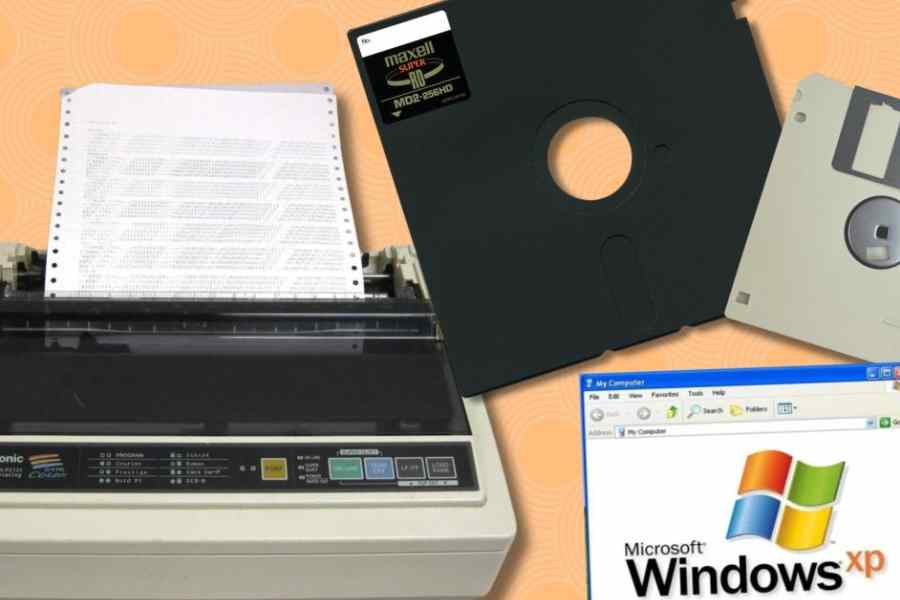It’s almost impossible to think of San Francisco without its Silicon Valley, home to trillion-dollar tech companies, yet somewhere along the way an obsolete technology continues to run in the background — floppy disks.
The San Francisco Municipal Transportation Agency (SFMTA) board has approved a multi-million-dollar contract to get its Muni Metro light rail off floppy disks. Yet, the game is not over for the retro medium.
Muni Metro’s Automatic Train Control System (ATCS) has needed 5¼-inch floppy disks since 1998, when it was installed at San Francisco’s Market Street subway station. There are disks for loading the DOS software that controls the system’s central servers.
The system was expected to last 20-odd years and though the initial planning to move to a new approach started in 2018, it soon became a victim of the pandemic. By 2027-28, a new communications-based system, using Wi-Fi and cell signals, will be installed by Hitachi.
America is about to catch up with Japan, which in July scrapped regulations requiring the use of floppy disks for administrative purposes. While the island country’s producers manufactured the last disks 13 years ago, multiple rules required businesses — from mines to oil companies — to submit documents to regulators on disks.
Among the first to pull the plug on floppy disks was Apple, with the release of the iMac in 1998. Sony stopped selling floppy disks in 2011. Perhaps the man now standing in the way of the storage format’s death is Tom Persky, who runs floppydisk.com, a California-based online disk recycling service.

Tom Persky Sourced by The Telegraph
Also keeping floppy disks alive is an underground music scene. Music database and marketplace discogs.com lists over 2,000 floppy releases, most of which are electronic although there are forays into jazz, folk and classical. The love for the medium can also be seen in the online music label Floppy Kick, run by Mark Windisch in Debrecen, Hungary.
The enthusiasm is, of course, nowhere near its mid-1990s peak when singer Billy Idol launched a floppy disk promo to accompany his 1993 release of the Cyberpunk album.
Two years later, Sony released Music Screeners on the 3.5-inch disk for artistes like Michael Jackson and Gloria Estefan. The disk contained short clips and programmable screensaver options.
Keeping the floppy running on borrowed time has been British Airways’ Boeing 747-400s, which received crucial updates via the outdated disk until as recently as 2020.
And till 2015, doctors in Norway received a disk with an updated patient list under the country’s health plan. The obsolete medium is also used in some embroidery-related equipment to transfer designs from the computer to the machine.
Though floppy disks are headed for the grave, many computer programs — through the icon for the “save” function — continue to remind us of the obsolete technology.
Another slow-fading technology has been the dot-matrix printer. If you have been made to wait near an airport gate before boarding, chances are you have heard the printer at work, spewing out page after page at a low cost.











